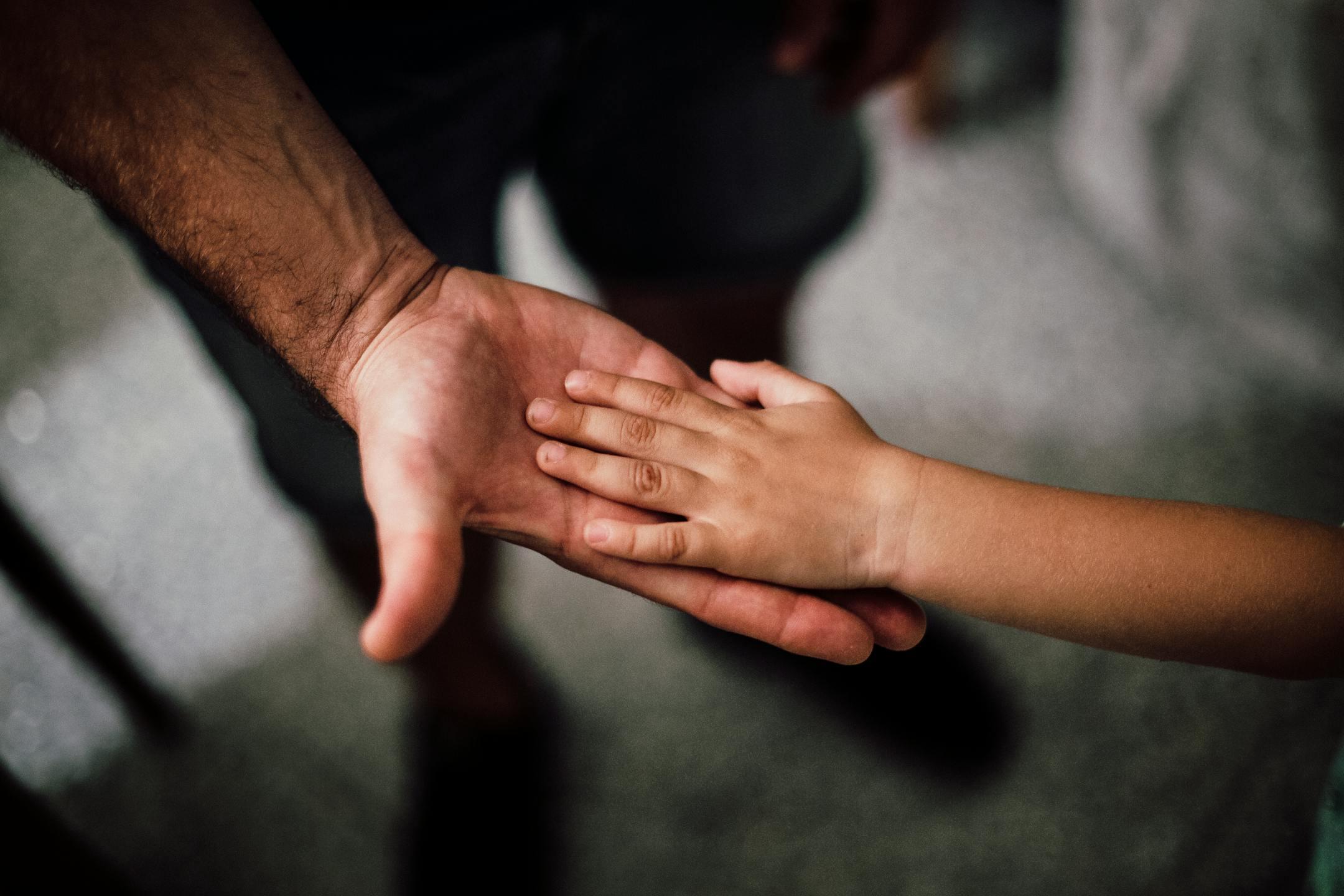Family therapy in Lebanon brings parents, children, and relatives together to address conflict, improve communication, and heal from challenges as a unit. Whether your family is facing tension, miscommunication, or the lingering effects of trauma, therapy provides a structured and supportive environment where every voice is heard. At Cognitive Analytica, our licensed therapists help families in Lebanon and abroad strengthen trust, restore balance, and reconnect emotionally, both in person and through online sessions.

Family therapy focuses on improving how family members interact, resolve conflict, and support one another. In Lebanon, where extended families often live together or maintain close ties, therapy offers a safe space to explore relational patterns shaped by culture, tradition, and generational expectations. Sessions may include all members together or smaller subgroups, depending on the issue.
At Cognitive Analytica, therapists use evidence-based methods like Cognitive Behavioral Therapy (CBT) and Systemic Family Therapy to help families recognize dynamics that contribute to tension or distance. Each session encourages empathy, accountability, and constructive dialogue, turning misunderstandings into opportunities for growth and stronger connection.

Family therapy benefits every member of the household. For parents, it enhances communication and co-parenting strategies. For children and teens, it provides a supportive setting to express emotions, understand boundaries, and feel heard. Siblings learn to navigate rivalry, jealousy, and cooperation more effectively.
In the Lebanese context, where close family relationships can be both a source of strength and stress, therapy helps bridge cultural and generational gaps. Families learn tools for resolving disagreements peacefully, rebuilding trust, and developing empathy for each other’s perspectives. Over time, this process fosters a healthier emotional climate and strengthens the overall family unit.

Families in Lebanon often face challenges linked to parenting styles, sibling conflict, divorce, blended family adjustment, or generational trauma. Economic pressures, migration, and social change can also intensify family stress. Therapy provides a neutral ground where difficult conversations can unfold productively.
At Cognitive Analytica, our therapists help families identify recurring patterns, whether it’s miscommunication, emotional distance, or role imbalances and replace them with empathy-driven behaviors.
By addressing deep-rooted issues, therapy allows families to break cycles of misunderstanding and promote long-term emotional resilience. Whether you’re dealing with a specific crisis or years of unspoken tension, professional guidance helps restore harmony within the household.
When challenges are primarily between partners, couples may benefit from couples therapy in Lebanon focused on communication and trust.👇🏻

While couples therapy focuses on the romantic relationship between two partners, family therapy involves the wider family system, parents, children, or even grandparents. The goal is not to take sides but to improve how everyone communicates and supports one another.
For example, couples therapy may center on emotional intimacy or trust, while family therapy explores how parenting dynamics, sibling roles, or cultural expectations affect overall harmony.
If you’re unsure which option fits your situation, our team can help guide you. You can also explore couples therapy services to understand how both forms of therapy complement each other and can be combined for deeper healing.

Each family therapy session typically lasts 50–60 minutes and may include all family members or selected participants, depending on the therapist’s assessment. The therapist acts as a neutral facilitator, helping each person communicate openly, manage conflict, and express emotions constructively.
Families in Lebanon often appreciate the structured, respectful approach that balances tradition with modern psychological insight. Sessions are conducted in Arabic or English, and online therapy options are available for families living abroad.
Over time, families begin to experience improved communication, reduced tension, and stronger mutual understanding, turning the therapy space into a foundation for long-lasting emotional health.

At Cognitive Analytica, family therapy in Lebanon is a core clinical service, not an add-on. Our licensed psychologists work with parents, children, and extended family members to resolve conflict, improve communication, and restore emotional balance within the family system.
Lebanese families often navigate complex dynamics shaped by close-knit relationships, intergenerational households, shared living arrangements, and cultural expectations. Our family therapy services are designed to address these realities with sensitivity, structure, and evidence-based care. Sessions focus on helping each family member feel heard while building practical skills for empathy, boundary-setting, and conflict resolution.
We offer family counseling in Lebanon through both in-person sessions and secure online therapy, supporting families living locally as well as those abroad. Therapy is available in Arabic and English, allowing families to communicate comfortably and authentically.
Family therapy at Cognitive Analytica is provided by licensed psychologists, following ethical standards and clinically validated approaches, including Cognitive Behavioral Therapy (CBT) and systemic family therapy models. Each treatment plan is tailored to the family’s specific challenges, goals, and structure, ensuring meaningful and sustainable change.

Family therapy in Lebanon requires a deep understanding of how culture, tradition, and family roles shape relationships. Many Lebanese families live in close proximity or within intergenerational households, where parents, children, and extended relatives remain closely involved in daily life and decision-making. While this closeness can be a source of strength, it can also intensify conflict, misunderstandings, and emotional strain.
At Cognitive Analytica, our family therapists are experienced in working within these cultural realities. Therapy addresses challenges such as blurred boundaries between generations, parental involvement in adult children’s lives, sibling role conflicts, and the pressure to meet family expectations while maintaining individual emotional well-being.
We also support families affected by migration and diaspora dynamics, where physical distance, separation, or reunification can disrupt communication and trust. Family therapy provides a structured and respectful space for open dialogue, helping families balance cultural values with healthy emotional expression.
By integrating clinical expertise with cultural awareness, Cognitive Analytica delivers family counseling in Lebanon that feels relevant, respectful, and effective, supporting long-term harmony rather than short-term fixes.

Yes. Children are encouraged to participate when appropriate, as their perspective often reveals key insights into family dynamics. Therapists adapt the session style and language to ensure children feel comfortable and supported.
Family therapy includes the broader system—parents, children, or relatives, while couples therapy focuses specifically on the relationship between two partners. Family sessions address issues that affect everyone collectively.
Family therapy can help with parent-child conflicts, sibling rivalry, discipline challenges, communication problems, and adjustment to major life changes like divorce or loss. It also addresses intergenerational trauma common in Lebanese households.
Family therapy can help with parent-child conflicts, sibling rivalry, discipline challenges, communication problems, and adjustment to major life changes like divorce or loss. It also addresses intergenerational trauma common in Lebanese households.
Absolutely. Cognitive Analytica offers secure online family therapy for families living abroad or in different regions of Lebanon. Sessions are available in both Arabic and English to ensure comfort and accessibility.
Many families notice improvement within 6–10 sessions, though the timeline depends on the complexity of the issues and the family’s engagement. Consistency and openness play a key role in long-term success.
Stay updated on our news and events! Sign up to receive our newsletter.